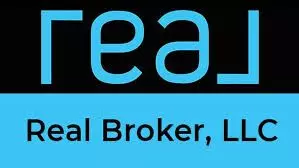Understanding Earnest Money: How Much Should You Really Offer?

Understanding Earnest Money: How Much Should You Really Offer?
When you’re ready to make an offer on a home, one of the first things you’ll encounter is the concept of “earnest money.” Think of this as a financial handshake—a deposit that shows the seller you’re genuinely committed to buying their property. But how much earnest money should you really offer? Is there a standard amount, or does it depend on your unique situation?
What Is Earnest Money?
Earnest money is a deposit you submit alongside your purchase agreement. It’s typically held in escrow and later applied to your down payment or closing costs if the deal goes through. If you back out of the deal for reasons not protected by your contract, you could lose this deposit. In that sense, it’s a sign of good faith—and a way to make your offer stand out in a competitive market.
How Much Is Typical?
Across North America, earnest money deposits usually range from 1% to 3% of the home’s purchase price. However, this isn’t set in stone. In some markets—especially those where bidding wars are common—buyers may offer more to catch the seller’s attention. Conversely, in slower markets, a smaller deposit might be acceptable.
What Factors Should You Consider?
- Market Conditions: Hot markets often demand higher earnest money to prove you’re serious. In a buyer’s market, you might have more flexibility.
- Your Comfort Level: Only offer what you’re comfortable risking. Remember, if the deal falls through for reasons not covered by contingencies, you could lose your deposit.
- Seller Expectations: Some sellers may expect a higher deposit as a mark of commitment, especially if they’ve had deals fall through before.
Negotiating Your Earnest Money
Your real estate agent is your best resource here. They understand local norms and can advise you on what’s customary in your area. Sometimes, a larger deposit can make your offer more attractive—but it’s always wise to balance competitiveness with your own financial comfort.
The Bottom Line
Earnest money is all about trust and intention. Offer enough to show you’re committed, but not so much that you’re uneasy about the risk. And above all, make sure your contract has clear contingencies to protect your deposit if something unexpected arises. With the right approach, earnest money can help you secure the home you love—without unnecessary stress.
Recent Posts
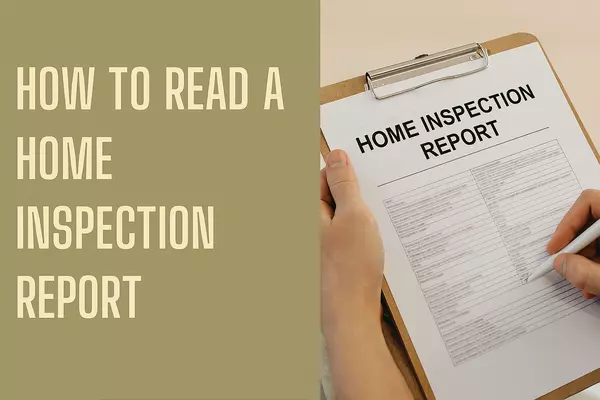


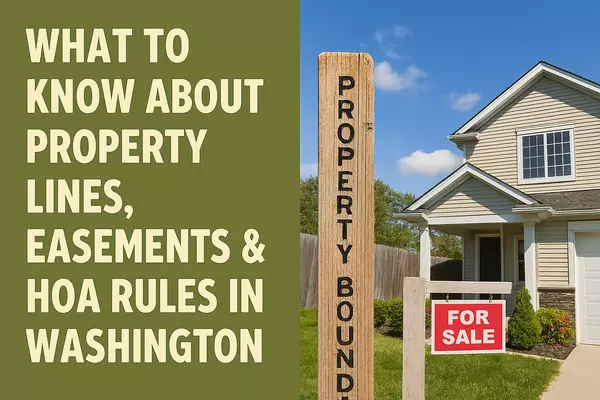
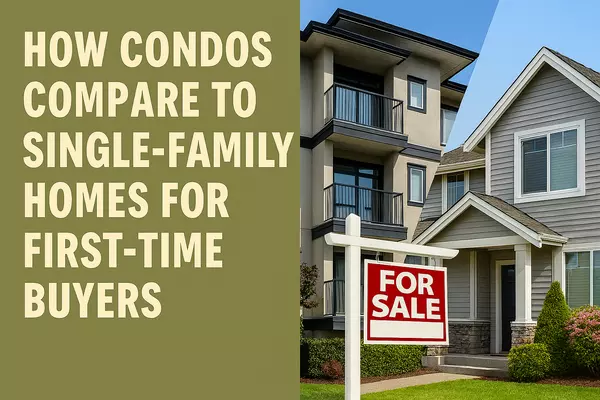
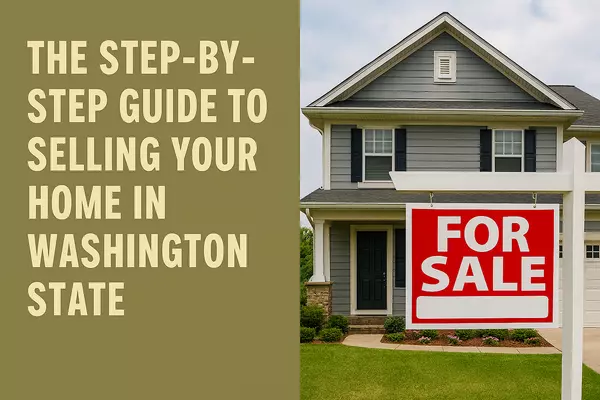
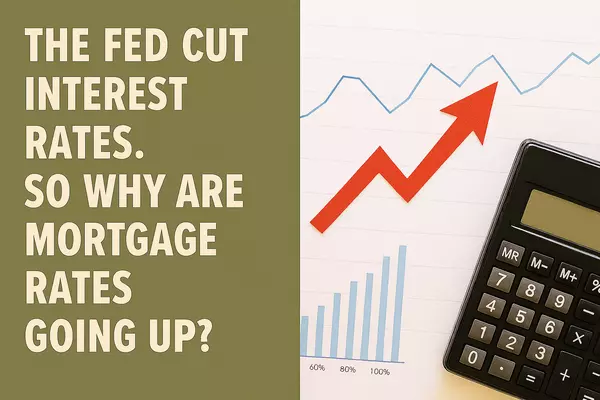

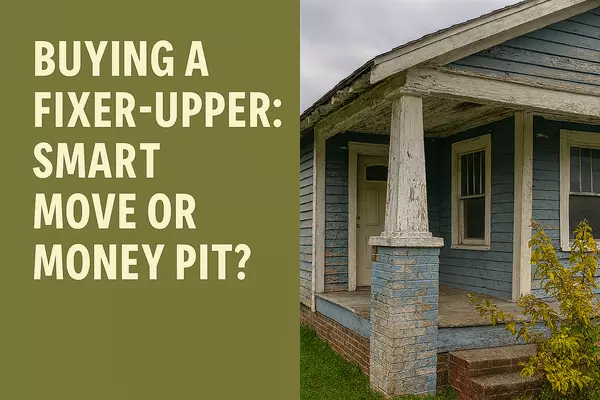
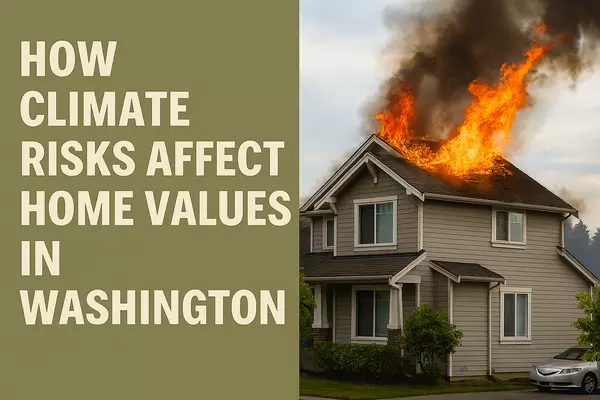

Isaac Fairfield
Phone
